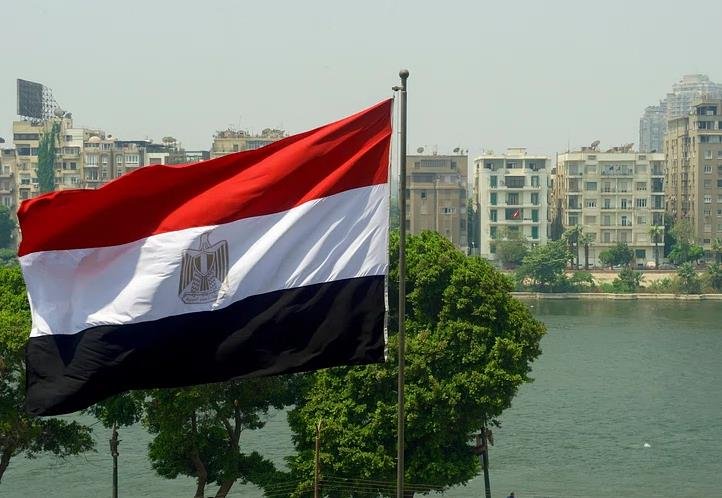Amid the ongoing conflict in Gaza, human rights issues in Egypt have garnered limited international attention. President Abdel Fattah el-Sissi’s authoritarian governance, marked by the suppression of opposition and dissent, remains a critical concern despite the regional turmoil.
Autocratic Leadership and Political Repression
President Abdel Fattah el-Sissi has solidified his power in Egypt, securing a third term in the December presidential elections through stringent measures against opposition candidates and the silencing of dissenting voices. International human rights organizations estimate that over 70,000 political prisoners are currently held in Egyptian prisons, highlighting the severity of political repression under el-Sissi’s regime.
Statements from Experts:
Timothy E. Kaldas, deputy director of the Washington-based Tahrir Institute for Middle East Policy, commented, “Cairo has successfully leveraged the Mideast crises that were set off by the Hamas attack on Israel on October 7, 2023, to advance its financial interests and geopolitical significance.”
Christian Achrainer, a researcher at Denmark’s Roskilde University, added, “Egypt’s new prominence in the Middle East and North Africa has silenced external comments on human rights violations, emboldening el-Sissi to continue imprisoning people.”

Egypt’s Geopolitical Maneuvering Amidst Gaza Conflict
Since the escalation of Israel’s war against Hamas in Gaza, Egypt has emerged as a pivotal player in regional diplomacy. US, Qatari, and Egyptian diplomats have frequently convened in Cairo to negotiate a cease-fire in Gaza and secure the release of remaining hostages. While Qatar has taken a more prominent role, Egypt is perceived as regaining its influence in Middle Eastern geopolitics.
Impact on Human Rights Discourse:
Achrainer noted that Egypt’s enhanced geopolitical stance has diverted international focus away from its internal human rights abuses. “The collaboration with Israel and the US, coupled with Egypt’s strategic importance, has created a facade that overshadows the ongoing repression within the country,” he stated.
Limited Criticism Within Egypt
Despite widespread public support for Palestinians in Gaza, criticism of Egypt’s 1979 peace treaty with Israel and its ongoing collaboration with Israeli and American interests remains heavily suppressed by the country’s security apparatus. The government has maintained a tight grip on dissent, preventing open discussions about its foreign policy decisions and human rights record.
Public Sentiment:
While Egyptians largely sympathize with the plight of Palestinians in Gaza, expressing solidarity and support, voicing opposition to government policies, especially those related to the peace treaty and cooperation with Israel, is met with severe repercussions.
International Human Rights Concerns
Human rights organizations continue to condemn Egypt for its extensive use of political imprisonment, torture, and other forms of state-sponsored repression. The high number of political prisoners and the lack of judicial transparency are indicative of a broader pattern of human rights violations under el-Sissi’s administration.
Call for Action:
Advocates argue that the international community must not overlook Egypt’s human rights issues, even as regional conflicts demand attention. Ensuring that diplomatic and economic engagements with Egypt are conditioned on improvements in human rights standards is seen as essential for fostering genuine political reform.
Conclusion: Balancing Geopolitical Interests and Human Rights
As Egypt navigates its role in the Middle East amidst the Gaza conflict, the overshadowing of its human rights record poses significant challenges. The international community faces the complex task of addressing Egypt’s geopolitical importance while simultaneously advocating for the protection and promotion of human rights within the country. Balancing these priorities is crucial for achieving long-term stability and justice in the region.
